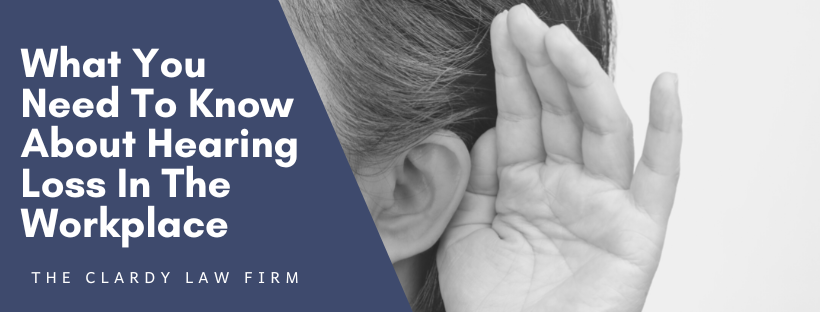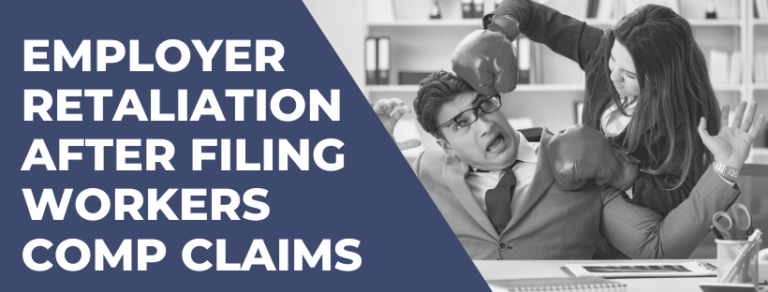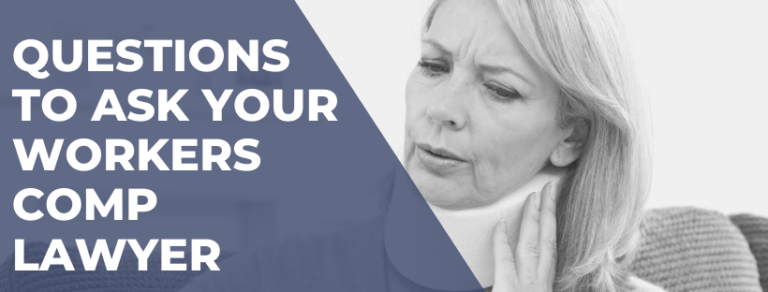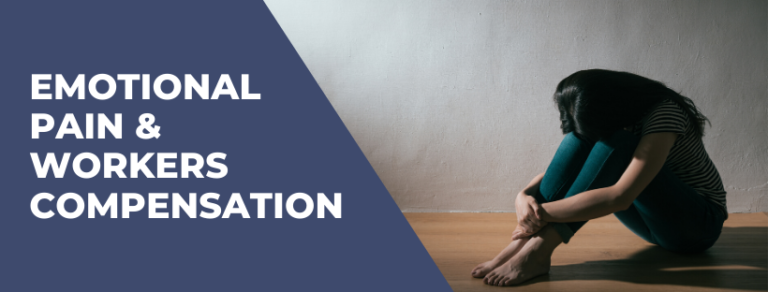What you need to know about hearing loss in the workplace
Not all workplace injuries are noticeable. While broken bones and open wounds can be easily identified, injuries like hearing loss in the workplace are also rampant – but often go unnoticed. Bones and cuts can heal, but hearing loss is permanent. For this reason, safety agencies are doing more to spread the word about hearing conservation.
Industries of concern
The National Institute for Occupational Safety and Health (NIOSH) estimates that about 22 million U.S. workers are exposed to hazardous noise at work. They also advise that workers not be exposed to noise at a level more than 85 decibels (dBA) for more than 8 hours.
That being general knowledge, there are some industries where hearing loss in the workplace is recognized openly and where hearing protection is strongly advised or even mandatory. Agriculture, forestry, fishing, and hunting related professions are most likely to experience work-related hearing loss. Employees in logging and aquaculture (fish farming) are especially at risk.
What can you do if you work in one of these industries?
According to NIOSH, the right technology and strategies can help to prevent almost all hearing loss in the workplace.
Under OSHA’s Noise standards, you should have immediate access to personal protective equipment such as ear plugs or other hearing protection devices from your employer if noise exposure is at or above 85 decibels over 8 working hours. Along with access, you should be instructed on how to safely and properly use these products to protect yourself.
If you’re unsure of the noise levels in your workplace, you can download this Sound Level Meter App from the National Institute for Occupational Safety and Health.
What employers can do
Obviously the best approach is to eliminate the source(s) of hazardous noise but that’s not always possible in many workplaces. When noise can’t be eliminated, the next best solution is for the company to install engineering controls that can help reduce noise to safer levels or construct barriers that prevent noise from reaching a worker. Following this step, it’s the responsibility of workplace administrators to help reduce noise exposure. This can include an employer changing a worker’s schedule to help them avoid exposure to too much noise during their shift.
Is noise a problem in your workplace?
Noise may be a concern in your workplace if you experience:
- Persistent ringing or humming in your ears when you leave work
- Having to shout to be heard by a coworker only an arm’s length away from you
- Temporary hearing loss after your shift
Other symptoms of hearing loss may include:
- Speech and other sounds sounding muffled
- Trouble hearing consonants
- Difficulty understanding words, especially against background noise
- Needing to turn the volume of your TV or car radio up louder than usual
- Withdrawal from conversations because of difficulty hearing them
- Avoidance of certain social situations because of noise
If you have sudden hearing loss or are worried about the above symptoms that may be present, don’t hesitate to seek immediate medical attention and inform your doctor that the hearing loss may be correlated with your working conditions!
What to do if you’re already experiencing hearing loss related to your job
Hearing loss happens gradually over time. Most workers only realize the harm they’ve suffered when it’s too late. Although the South Carolina workers’ comp insurance program covers hearing loss in the workplace, it can be challenging to prove that the company is responsible. This is where the skills of an experienced workers’ compensation lawyer are especially helpful. Contact The Clardy Law Firm for assistance with your pursuit for benefits. We’ll help you get the compensation you need to cover your medical expenses and lost wages.





